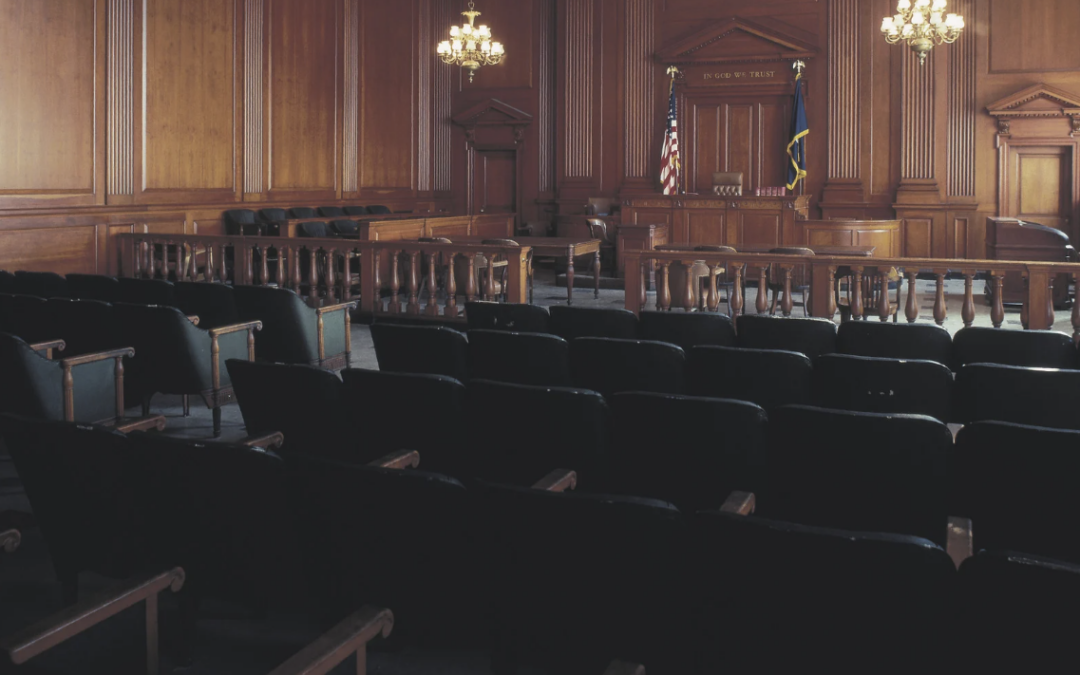The New York Times recently published an article about the shifting relationship between judges and Justice Department lawyers. The change, as the Times reports, comes as some judges from across the country are now casting doubt on the long-held trust between judges and government lawyers. In the past, judges have mostly trusted Justice Department lawyers and believed they were telling the truth.
However, a series of court hearings has altered this norm and could have a broader systemic impact on the courts’ functioning. According to the Times, a federal judge in June wrote a strong letter to prosecutors after they tried to convince him to be ‘highly deferential’ to a request they made to keep a search warrant sealed.
“Blind deference to the government?” Judge Zia Faruqui wrote. “That is no longer a thing. Trust that has been earned over generations has been lost in weeks.”
In another instance, the federal government did not comply with weeks of requests from a federal judge to provide answers in the case of Kilmar Abrego Garcia, the immigrant who was wrongfully deported to El Salvador in March.
“This has been the process from Day 1,” Judge Paula Xinis told Justice Department lawyers. “You have taken the presumption of regularity and you’ve destroyed it in my view.”
The routine functions of the legal system are at stake as the Justice Department appears to lose credibility in the eyes of at least some judges. Judges may now question what they hear from the Justice Department, which has Antitrust, Civil, Criminal, and Civil Rights Divisions. That, in turn, can affect real outcomes for real people affected by Department of Justice actions in court. The attorneys at Kennedy Hunt P.C. are experts in civil rights law. If your civil rights have been violated, we may be able to help you. Fill out a questionnaire so we can understand your claim.

